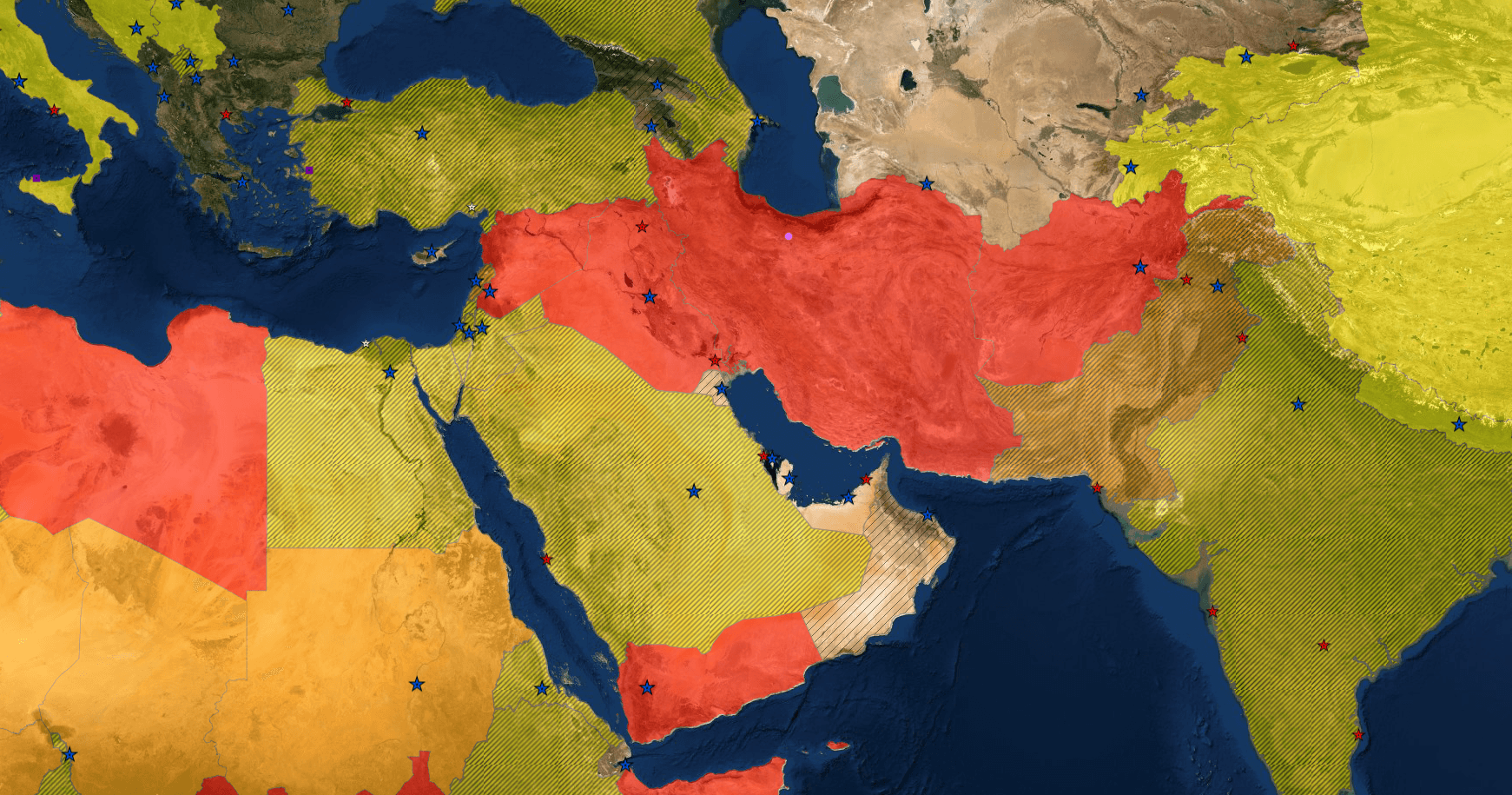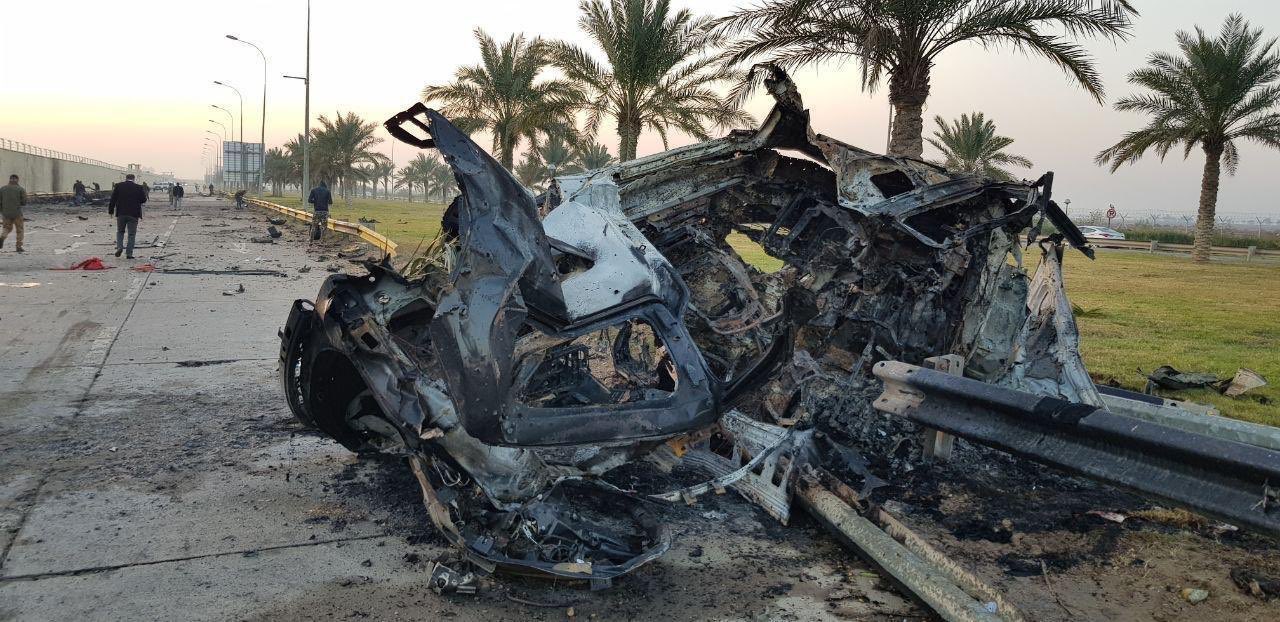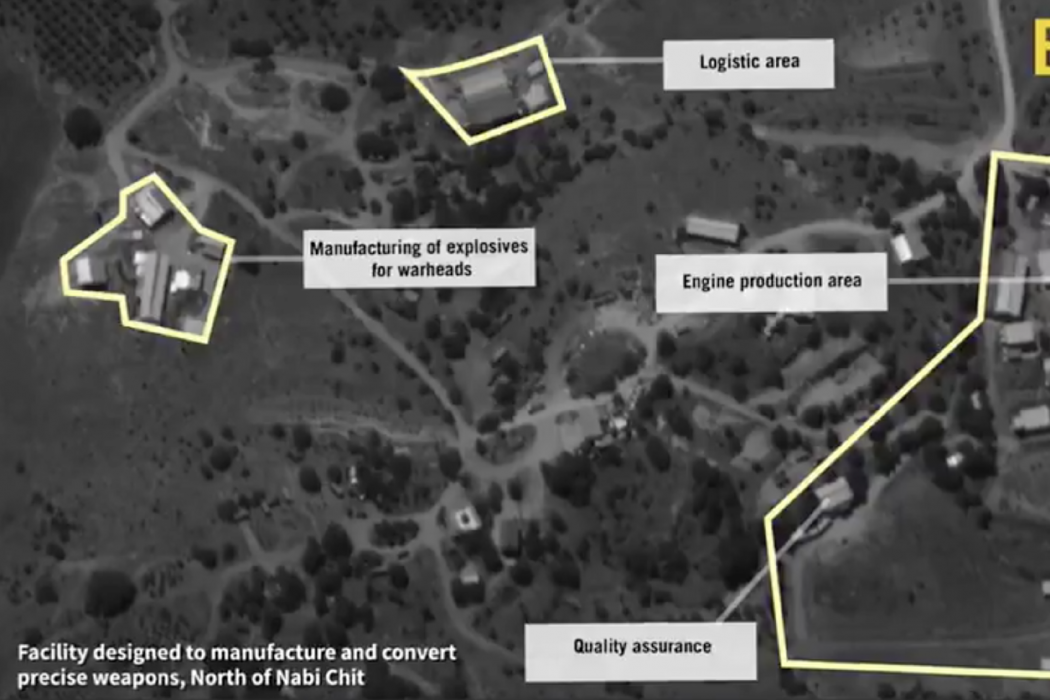The deepening crisis in the Middle East has prompted American and British authorities to review travel advice information for the region. Following the United States UAV-strike that killed Iranian Revolutionary Guards Corps – Quds Force (IRGC-QF) Major-General Qassim Soleimani, tensions have been high between Iran, which seeks retaliation, and the US-led International Coalition against ISIS. […]
Posts Tagged
‘Qasim Soleimani’
IRGC-Quds Force Commander, General Qasim Soleimani, and Kata’ib Hizbollah (KH) Commander/PMU Deputy Chairman, Abu Mahdi al-Muhandis, were killed in a US airstrike in Baghdad International Airport. The targets are confirmed killed by all sources. Soleimani and his associates were planning to attack and kidnap American diplomats in Iraq. This is the biggest targeted killing operation […]
3 January 2020
air strike, al-Muhands, Baghdad, Iran, Iranian Regional Activities, iraq, IRGC, Kata'ib Hizbollah, PMU, Qasim Soleimani, Quds-Force
Satellite imagery shared by the Israeli Defense Forces (IDF) has revealed a precision missile factory near Nabi Chit, Lebanon. The facility is likely operated by Hezbollah with financial and technological assistance from the Iranian Revolutionary Guards Corps’ (IRGC) irregular warfare and external branch, the Quds force. Here’s a picture worth a thousand missiles: We can […]




